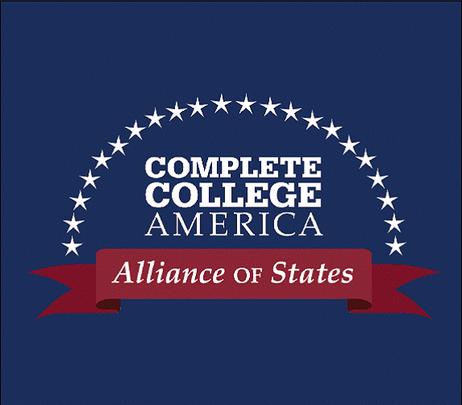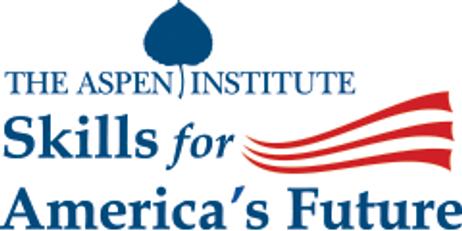Community colleges have traditionally adopted an all-inclusive policy when it comes to the students who want to earn an associate degree or professional certificate after high school. Unfortunately, the willingness to let all students into the programs, regardless of their high school academic records, has left many community colleges across the country with dismal completion rates, compared to many of the four-year institutions that carefully screen applicants prior to admittance. Some schools have met this problem head-on, developing remedial programs that actually work to keep college student in school until graduation. Some of the states where these schools are located recently received a financial boost from Complete College America, a non-profit organization solely committed to increasing community college completion rates nationwide.
The Problem in Texas
Texas is one of the states in the country that has struggled with getting community college students all the way to graduation. According to a report in the Texas Tribune, 48 percent of community college students in the state require some form of remedial education or additional assistance to get up to speed academically so they can handle the rigors of higher education. Nearly 38 percent of those students do not measure up in their math skills when they graduate from high school – a fact that directly impacts a student’s ability to succeed in college. To help many of these students, colleges currently offer remedial math classes to bring them up to par.

















